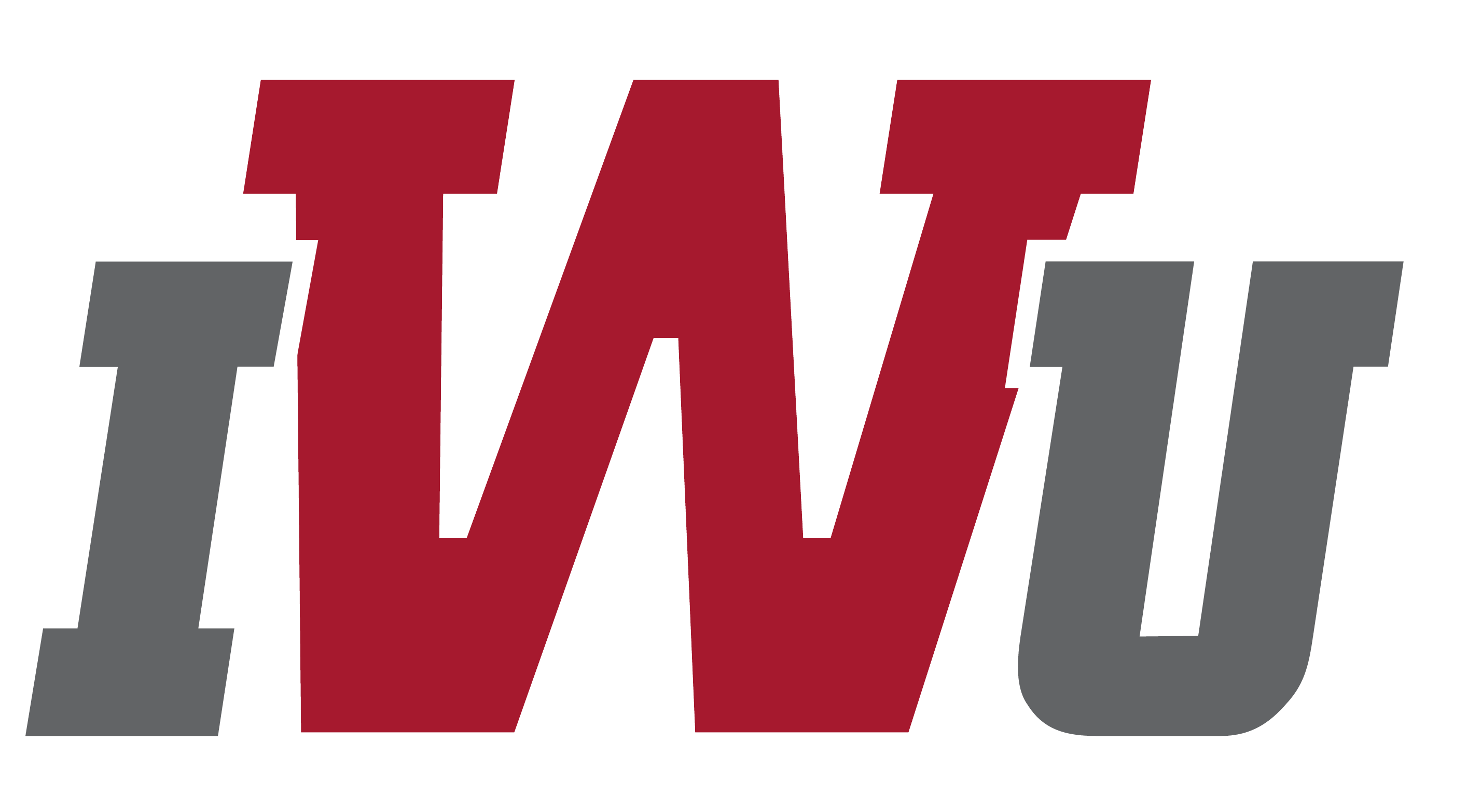 Online Transition to Teaching English as a New Language Graduate Certificate
Next Start |
Jun. 24
Request Info
Apply Now
Online Transition to Teaching English as a New Language Graduate Certificate
Next Start |
Jun. 24
Request Info
Apply Now
If you want to teach English as a new language to diverse audiences of students, the Transition to Teaching English as a New Language Graduate Certificate program at Indiana Wesleyan University can help you achieve your goal. In less than two years you can build the knowledge and skills to help optimize learning English for students from all cultural backgrounds. IWU helps students achieve their professional goals in education through a flexible, online learning environment. For teachers in Indiana searching for the right ESL certification program, discover the benefits of learning at IWU.
Why Pursue My Graduate Certificate in Transition to Teaching English as a New Language at IWU?
Pursuing your Transition to Teaching English as a new language certificate at IWU can be a smart move simply because of the benefits we offer all students. Courses are taught by faculty with professional experience teaching ESL to students from all over the world. We also provide comprehensive student services, from tech support to tutoring, and full-time chaplains for additional guidance. Course materials are delivered through web videos, live discussions, and interactive assignments that mirror hands-on experience. Our Christian faculty teach from the same biblical worldview valued on our campus, so that students can implement these principles in a fulfilling career.
What Will I Learn in This Graduate Certificate in Transition to Teaching English as a New Language Program?
This Transition to Teaching English as a new language certificate program is a 24-credit program that builds hands-on, practical experience into the curriculum. Students benefit from online classes in BrightSpace, an innovative learning management system. Upon completion, candidates achieve licensure for grades P-12 English learners in Indiana. Courses include a full spectrum of critical topics, including learning processes, language acquisition, classroom assessment, and more.
What Makes IWU Different?
IWU has provided education for more than 100 years.
Faith-integrated curriculum and a commitment to changing the world.
Center for Student Success for counseling, tutoring, and more!
Financial aid is available in the form of grants, loans, scholarships, veterans’ benefits, and employer reimbursement.
Coursework for your online Graduate Certificate in Teaching English as a New Language covers how to:

These courses contain the program-specific knowledge. Upon completion, you should have the tools to conquer your new career with confidence. For a full list of courses required to complete your degree, please visit the course catalog. Click on a course below to view the description.
EDUT-563,EDEL-515,EDEL-545,EDEL-535,EDUT-573,EDUT-583,EDUT-520,EDEL-595

NOTE: Applicants should be aware that Indiana State Legislation has mandated that expanded background checks are required for those working with students in Indiana schools. Applicants will also be required to adhere to any additional State Mandates required for educators. Though candidates will be required to submit an initial background check that is acceptable to the university as a part of their application materials, that successful background report will only serve to gain admittance to that academic program. School corporations are governed by a locally elected Board of Trustees who set policy for their school corporation. All accepted students should understand that additional background checks will most likely be required by school corporations before participating in clinical experiences.
Upon completion of the Transition to Teaching – English as a New Language program, candidates will be recommended for P-12 English Learners Licensure to Speakers of Other Languages teacher licensure in Indiana. Candidates seeking licensure in states other than Indiana bear the responsibility to determine whether completion of the IWU Transition to Teaching – English as a New Language program will meet the academic and assessment requirements of the state in which licensure is sought.

Indiana Wesleyan University is accredited by The Higher Learning Commission (HLC), www.hlcommission.org, 312-263-0456. Other accreditations and associations of Indiana Wesleyan University are available at www.indwes.edu/about/iwu-profile/accreditation.
Education programs at Indiana Wesleyan University are accredited by the Council for the Accreditation of Educator Preparation (CAEP), 1140 19th Street, Suite 400, Washington, D.C. 20036, 202-223-0077.